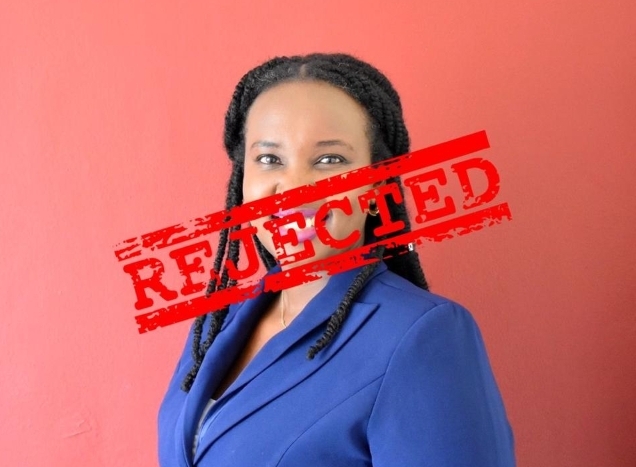The embattled former Uganda Law Society (ULS) president, Pheona Wall Nabasa, finds herself at the center of controversy after being unceremoniously removed from the list of nominees vying for two coveted positions on the Judicial Service Commission (JSC).
Current ULS leadership led by Isaac Ssemakadde has accused Pheona of hypocrisy, citing her exclusion as a result of complaints filed against her candidacy.
Pheona, who had initially celebrated her nomination in the morning, was left reeling after learning that by evening, her name had been struck off the list. According to the Elections Committee chairperson, B. Mwase, her candidacy was challenged, leading to her disqualification.
In a statement, Pheona expressed frustration, claiming her exclusion was handled in a manner that lacked fairness. “I was duly nominated in the morning, only to be informed later of a complaint against me. This decision is both shocking and disappointing,” she said.
ULS Leadership Hits Back
Sources within the current ULS leadership allege that Pheona’s removal stems from her questionable tenure as president. Critics argue that her leadership was marked by contradictions between her public rhetoric and her actual decisions, with some accusing her of failing to uphold the principles of transparency she now demands.
“This is not about politics; it’s about holding everyone accountable,” a senior ULS member said on condition of anonymity. “You can’t preach integrity and then cry foul when the system holds you to the same standard.”
The Official Nominee List
The final list of 14 nominees, which excludes Pheona, includes prominent legal minds such as Dr. Patricia Atim Podong, Dr. Christopher Mbazira, and Elison Karuhanga. Released under the ULS Elections Regulations 2016, the list reflects what many see as a new era of accountability within the Society.
The elections, set to make history as the first under Article 146(2)(c) of the Constitution, are being touted as a landmark in democratic governance.
![]()



























